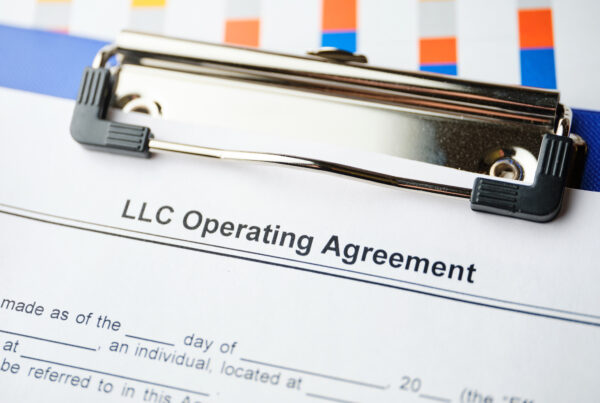Planning for the future has made you the successful business owner you are today. You’ve weathered several economic swings, inflation, and maybe even the pandemic. How you plan for the future at this stage matters—will you sell it or consider a family business generational transfer?
Read on to learn more about successfully transitioning the business to your family when it’s time for you to leave it.
Why Pass Down a Family Business?
The first step is deciding; the second step is learning how to transfer a family business to the next generation.
According to the Small Business Administration’s data, 99.9 percent of businesses in the US generate 44 percent of our economic activity and have fewer than 500 employees. Pride in ownership is one of the many factors that can make a family business thrive.
Often, small businesses are staples in their communities and are preferred over the big-box options. The families are pillars in their community, and now they want to pass it on to their children to carry on the tradition, quality of service, or quality of product.
How Are Family Businesses Passed Down?
Often, there are no formalized family business generational transfer plans. Only 15 percent of the businesses owned by families have any succession planning — perhaps they haven’t considered how to transfer a family business to the next generation yet.
Planning Beyond the Family
Passing a business to the next generation helps your employees, too. The employees will know who takes over the company in the event of a death. Also, the owner can use this to financially reward, promote, or shift employees around the company—especially if they were integral to its success and considered “work family.”
With a formalized family business generational transfer agreement, the family and the companies’ employees are more secure in the strength and stability of the business. Imagine the owner falls sick for months, the employees lack guidance, or the family is infighting, preventing major decisions from being made. Often, succession planning includes contingency planning, too. What was once a profitable venture may quickly go downhill with no one formally in charge.
How to Inherit a Business
Some owners feel that inheriting a family business upon death is a simple way to pass along ownership. However, there is more to it, and it can become complicated. Determining how to transfer a family business to the next generation involves the business accountant, attorney, banker, and possibly the financial advisor.
Often, observers (family and employees) will feel that the sooner family management is replaced by professional management, especially in growing companies, the better the company will be in the long term. However, this can cause rifts in the business and within the family — hence the need for a formalized agreement ahead of any dramatic changes in ownership status.
Learning how to transfer a family business to the next generation helps set expectations before a problem or a contested family debacle occurs. A successful family business generational transfer involves multiple parties crafting a plan to ensure the most seamless transition possible and the best outcome for the business itself.
Transitioning the family business to the next generation requires thoughtful planning and mindfulness. When it is time to consider a sale or generational transfer of your business, click here to discuss the dos and don’ts. You need a plan, and I can help.
Coach Dave
- How and When to Use AI for Idea Creation - June 26, 2025
- What Does a Copyright Protect?A Small Business Guide to Copyrighting Your Business - June 19, 2025
- Most Frequently Recommended Small Business Management Tools - June 12, 2025



